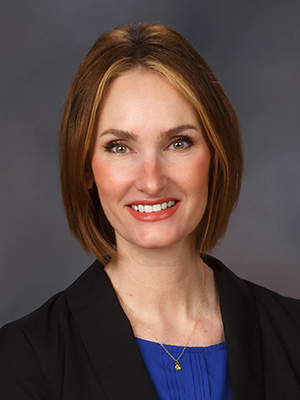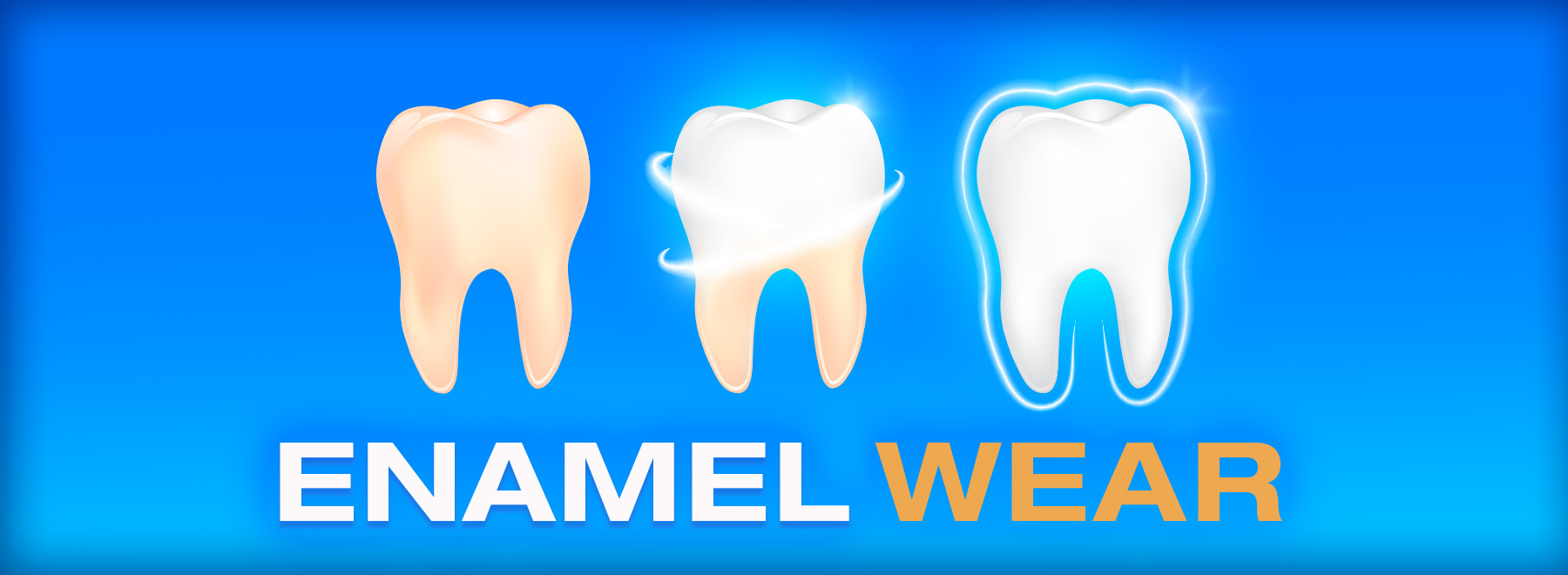Don’t neglect your teeth as you age
When it comes to your oral health, what happens in your gums doesn’t stay in your gums.
The complications from periodontitis, or gum disease, can reach into your joints and even certain organs of your body – something you should consider throughout your life, long before your later years.
Among adults 65 or older, about 20 percent have untreated tooth decay; more than two-thirds have gum disease, the Centers for Disease Control and Prevention reports.

“Our fifth and sixth decades of life are when all the stuff we did in our twenties and thirties begins to manifest itself as health problems – and many of those are intertwined with your oral health,” said Dr. Elizabeth Carr, professor and chair of dental hygiene in the School of Dentistry at the University of Mississippi Medical Center.
Although no cause and effect has been observed, gum disease has been linked to, among other conditions, respiratory disease, rheumatoid arthritis, diabetes complications and, especially, heart disease.

“Blood circulation in the body also leads to the oral cavity,” said Dr. Alexa Lampkin, assistant professor of care planning and restorative sciences at UMMC. “So, a clean mouth can help you have a clean heart.
“Otherwise, heart disease can arise from poor dental care, including abscesses, which can lead to sepsis.” In September, former NFL player Mike Williams died of a form of sepsis caused by dental health issues; he was only 36.
It can lead to endocarditis, an inflammation inside the heart.
Then, there’s diabetes; Mississippi has the second-highest death rate for the disease in the country. It is a double-edged sword hanging over your oral health: Uncontrolled diabetes can lead to gum disease because of high levels of blood sugar in the mouth; and, if gum disease is untreated, this can make it harder to control diabetes.
“Many patients 60 or older have dental problems because they haven’t learned the importance of taking care of their teeth,” Lampkin said. “Many people that age will have multiple teeth missing, or they wait until they have pain from a cavity or from another problem and then go to the dentist to get their teeth pulled.
“They may have never sat down with a dental professional to talk about the importance of maintaining dental hygiene.”
Seeking regular dental care can lead to patients getting the much-needed primary care they may have been neglecting: “A fruity smell on a patient’s breath can identify the presence of diabetes,” Lampkin said. “We can tell them they may need to go to a primary care physician and have certain tests performed.
“As dental health professionals, we can also identify certain other conditions that a patient may not have had diagnosed such as acid reflux, which causes damage to teeth.”
“We can tell if a patient is stressed and may be grinding their teeth in their sleep: We may ask them if they have been sleeping well, or if they have been waking up with headaches or a sore jaw. We can encourage patients to go to a sleep medicine doctor or a primary care physician for a referral to see if they are experiencing sleep apnea.”
For many cases of poor dental hygiene, the offender may be something other than a lack of oral health literacy, Carr said.
“Dental insurance coverage rates have not changed since the 1980s, but the prices of dental treatment have changed. For many dental procedures, it’s more like a discount service, rather than insurance.”
Even Medicare doesn’t cover routine dental services such as cleanings and fillings.
“This lack of coverage puts a hardship on patients,” Carr said. “Many may not be able to afford regular dental care and, now, all of a sudden, they may have oral cancer or rapid tooth decay.”
Other tooth-enamel enemies may stalk us, especially as we age. “The medicine we take, especially as we grow older, such as blood pressure medications, may have the side effect of dry mouth,” Carr said, “and dry mouth is the culprit for lots of tooth decay.”
For dry mouth, dentists can recommend treatments like Biotene or vitamin A, Lampkin said. “Or we can refer patients to doctors who can prescribe other agents that stimulate saliva formation.
“To protect the gums and teeth, we can also prescribe PreviDent, a medicated toothpaste that provides fluoride – which prevents tooth decay and can help rebuild the teeth. Or we may recommend over-the-counter ACT mouthwash or Sensodyne.
“Over the years, fluoride is depleted, especially with sugary diets. On top of that, people aren’t drinking fluoridated tap water anymore; they’re drinking bottled water.
“So, we can stop things when they’re small before you need something big: a tooth pulled or a crown or an implant. Or, if it’s severe enough, surgery. But it doesn’t have to get to that point if you go to the dentist regularly and get regular cleanings.”
Recurrent checkups and cleanings are a large part of prevention – and prevention is what it’s about, Carr said. A visit to the dentist twice a year, or every six months, is the consensus.
“But a periodontist may come up with a treatment plan that calls for dental exams and cleanings more often than that, especially with patients who have gum disease,” Lampkin said.
Gum disease and tooth decay are caused by the buildup of plaque, the sticky coating of bacteria that glazes your teeth.
Dental hygienists work with dentists to improve your oral health, providing preventive treatments and removing the plaque and tartar.
You risk an unhealthy accumulation, caused by unmolested food particles, without regular cleanings, but also minus a diligent brushing and flossing routine.
“The American Dental Association says brush and floss twice a day,” Lampkin said, “but I will say ‘brush more if you’re eating more,’ especially if you have a high-sugar diet, including sugary drinks, which makes you more susceptible to cavities.”
Electric toothbrushes and water flossers can be useful, particularly for older patients whose dexterity is limited because of arthritis or other conditions. “They do the work for you,” Carr said.
If you need another incentive to take good care of your teeth, Carr and Lampkin urge you to consider life without the ones you’ve had since childhood.
“When teeth are not there, the mouth kind of closes down,” Lampkin said. “That makes it hard to place implants, dentures, a crown or bridge.”
And, as you lose teeth, your whole diet can change, Carr said. “That’s a real shame. It’s not like you can grab an apple or eat a salad easily. So, you may have to choose soft foods, which are typically carbs – which your body takes in as sugar.
“This starts a vicious cycle of decay. It’s heart-breaking to watch.”
— — —
For more information about seeking dental care, call 601-984-6185. You can also get information about making an appointment here.
The above article appears in CONSULT, UMMC’s monthly e-newsletter sharing news about cutting-edge clinical and health science education advances and innovative biomedical research at the Medical Center and giving you tips and suggestions on how you and the people you love can live a healthier life. Click here and enter your email address to receive CONSULT free of charge. You may cancel at any time.



